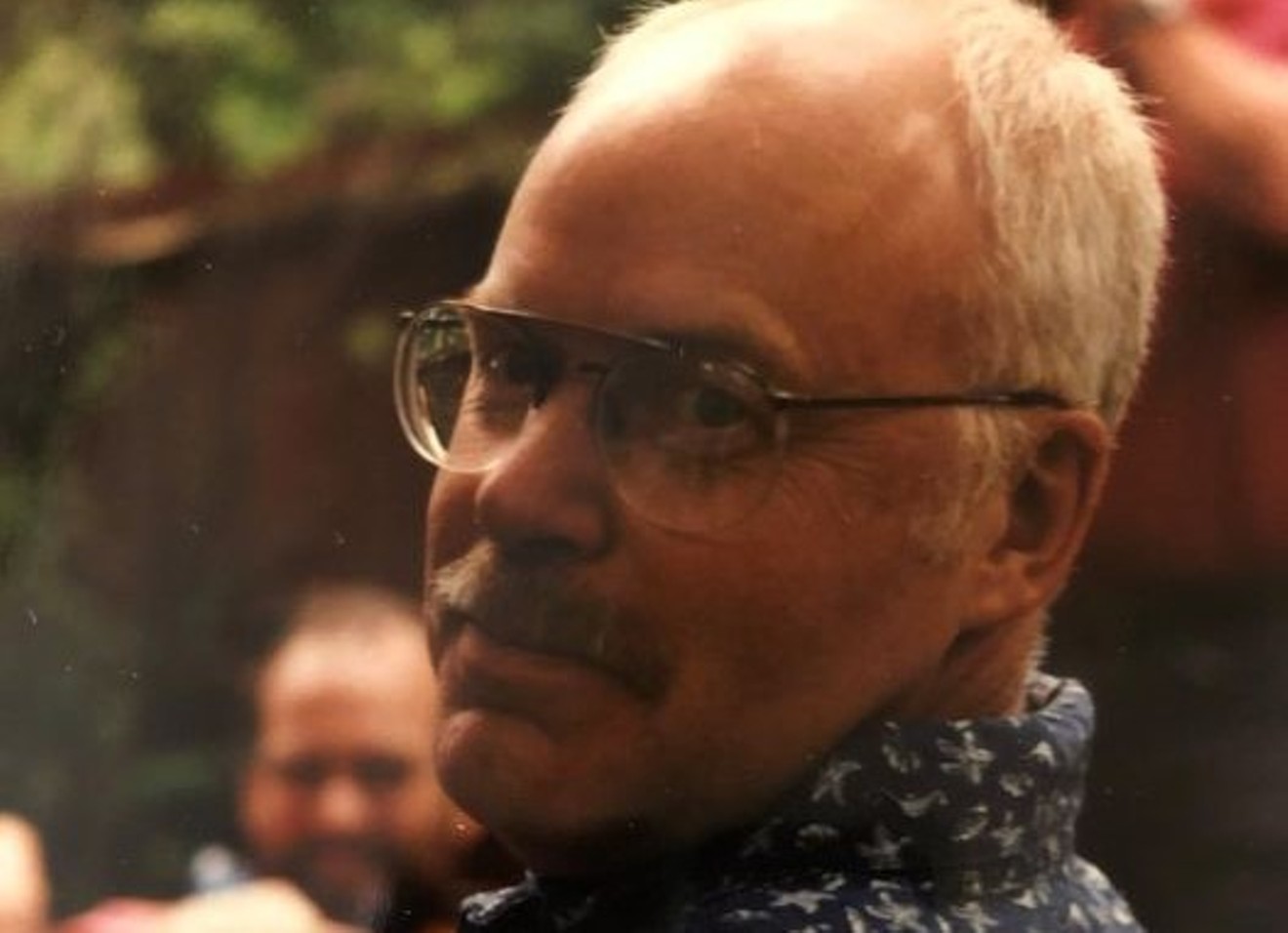Some very sad if expected news. A longtime fixture of the Denver art world, and an old friend of mine, has passed away. And from my point of view, he never really got the credit he was due for everything he did:
Joshua Hassel, who made myriad contributions to the visual-art culture in Colorado with the galleries he owned and the documentaries he produced, has died in Colorado Springs after a long illness.
Joshua was born on March 23, 1950, in California. Though he attended high school in England when his father, a colonel in the U.S. Air Force, had been stationed there, he spent much of his childhood in Colorado Springs. Joshua attended the University of Miami, where he earned a Bachelor of Arts in 1972, and returned to Colorado in the mid-1970s.
He had begun to be involved with concert promotion in Miami, but when he returned to Colorado, he switched to a focus on visual art. In the 1970s, he worked at the legendary George Nix Gallery in Colorado Springs, which featured the art of Colorado and New Mexico. While there, Joshua founded an art publishing house called Relic Press, which issued prints by local artists including Dave Roberts, Floyd Tunson and John Haeseler, among many others.
After spending a year or so in New York, he moved to Denver in 1981. At first, he worked at Gallery One in Writer Square, and then in 1985 he opened the Newsgallery in Capitol Hill, a newsstand connected to a gallery next door that focused on emerging artists. Partnering with John Haeseler, in 1990 he opened the upscale Hassel-Haeseler in LoDo, then a center of the city’s gallery scene. Both at the Newsgallery and at Hassel-Haeseler, Joshua featured the work of important artists, notably Matt O’Neill and Rex Ray, both of whom became lifelong friends of his.
By 1992, both of his galleries had closed, and soon after he began to produce documentaries on artists — especially those who worked in the American West. Among these are Museum/Museum: Vance Kirkland; Allen True’s West; Birger Sandzén: Ecstasy of Color; Edgar Payne: The Scenic Journey; and Frei Otto: Spanning the Future, all done for broadcast on Colorado Public Television, Channel 12, a PBS affiliate. In 2014, Joshua won an Emmy Award for La Scuola: The School of Jefferson Rubin.
In the summer of 2018, while two documentaries, Women of Abstract Expressionism and Frank Mechau, were in production, Joshua began to have trouble operating his filmmaking programs, the first indication that something was going wrong cognitively for him. Then, to make matters worse, his equipment was stolen, and he lost much of the work that had been done on the in-process documentaries.
By the spring of the next year, 2019, he was diagnosed with a condition that was causing his brain to atrophy, ultimately thought to be Lewy body dementia. At this point, his sister, Mimi Hassel Fisher, stepped in and took him into her home in Colorado Springs. Joshua eventually relocated, as his health declined, into a series of managed-care facilities until he passed away in hospice care on June 6.
He is survived by Mimi Fisher, his sister, and her husband, another sister, Dinah, a brother, Jud, and his wife, as well as his adopted son, Davey Kelly, and his beloved grandchildren, Kayden and Wyatt.
[
{
"name": "Air - MediumRectangle - Inline Content - Mobile Display Size",
"component": "12017618",
"insertPoint": "2",
"requiredCountToDisplay": "2"
},{
"name": "Editor Picks",
"component": "17242653",
"insertPoint": "4",
"requiredCountToDisplay": "1"
},{
"name": "Inline Links",
"component": "18838239",
"insertPoint": "8th",
"startingPoint": 8,
"requiredCountToDisplay": "7",
"maxInsertions": 25
},{
"name": "Air - MediumRectangle - Combo - Inline Content",
"component": "17261320",
"insertPoint": "8th",
"startingPoint": 8,
"requiredCountToDisplay": "7",
"maxInsertions": 25
},{
"name": "Inline Links",
"component": "18838239",
"insertPoint": "8th",
"startingPoint": 12,
"requiredCountToDisplay": "11",
"maxInsertions": 25
},{
"name": "Air - Leaderboard Tower - Combo - Inline Content",
"component": "17261321",
"insertPoint": "8th",
"startingPoint": 12,
"requiredCountToDisplay": "11",
"maxInsertions": 25
}
]











